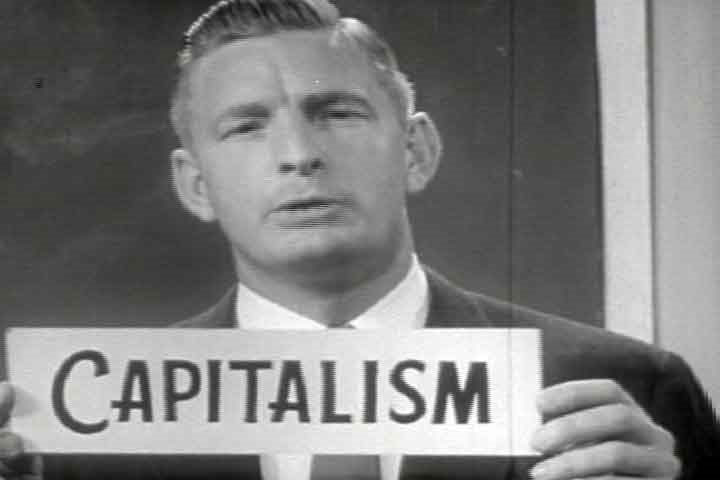How Ohio Pulled $4 Billion+ from Communities and Redistributed It Upwards
Monday night Ohio Governor John Kasich delivered his state of the state speech.
 Governor John Kasich speaking with attendees at the 2016 First in the Nation Town Hall (photo by Gage Skidmore/CC-BY-SA-2.0)
Governor John Kasich speaking with attendees at the 2016 First in the Nation Town Hall (photo by Gage Skidmore/CC-BY-SA-2.0)
He cribbed the biblical Reagan “city on a hill metaphor” to describe Ohio:
All of these things have helped Ohio move up to higher, more solid ground, and, if you look, the clouds are moving apart and the sun is beginning to shine, and we can get a glimpse of the summit ahead. We’ve got much further to go, but the success we’ve had gives us the confidence to climb higher. We’re not hopeless, we’re hopeful. We’re not wandering, we have direction. Let’s keep going.
As an Ohioan, I’d like to tell a different story.
It’s a story that appears in bits and pieces in city & school financial reports, in letters to the editor and editorials, in economic analyses, but the full story has largely hid from public sight because it’s not a single sensationalist event.
It’s not a story about a person or administration because you have to go back further than that to see the pattern.
You have to go back further than that to see how a state gets budgeted back to the stone age.
The pattern is simple but takes place over a long period of time: shift tax burden, create deficit, blame government, defund government, repeat.
And unfortunately, it’s a story that’s not just happening in Ohio, but at a national level and in many states across the nation because it’s being pushed by influential corporate groups like the American Legislative Exchange Council (ALEC).
The story begins in 2005 …











